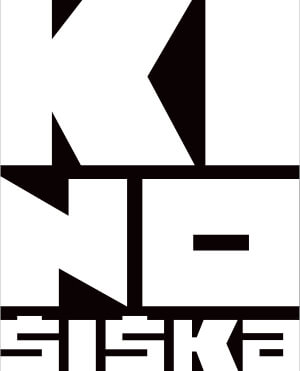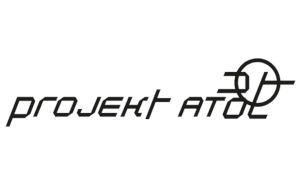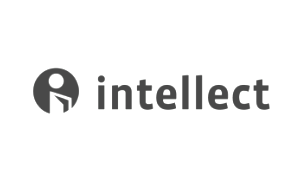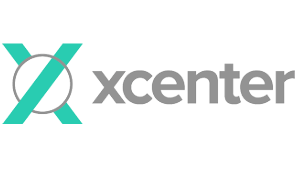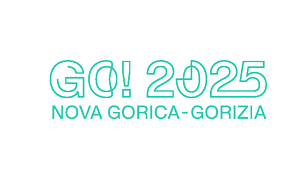The DIWO (Do-It-With-Others) collaborative mobile laboratory and speculative biohacking experiment invites the audience to explore species hybridisation as a creative response to the environmental challenges faced by local ecosystems. Participants wear agar patches infused with microbiota representing the hybridisation of two local species, and through the experience of microbial merging reflect on notions of consent, agency, resistance, and co-evolution.
Kristin Lucas is an artist exploring connectivity as both an interpersonal process and a condition of the digital age, shaped by technological and ecological forces alike. Through speculative, often collaborative works, spanning biohacking, solar-powered web projects, and AR installations, she embraces complexity, challenging dominant narratives that shape how we see ourselves, relate to one another, and the more-than-human agents with whom we co-create realities. Lucas’s work has been featured in Art in America, Engadget, and Hyperallergic, with commissions from institutions including Dia Center for the Arts, FACT Liverpool, Rhizome.org, and the Whitney Museum. She is represented by And/Or Gallery in Pasadena and Electronic Arts Intermix in New York. Lucas studied at The Cooper Union and Stanford University, and currently teaches in the art department at the University of Texas at Austin.
Nathalie Dubois Calero is a BacterVirHuman, scientist (Ph.D. in biology, UPMC, France) and bioartist (BA, University Concordia, Montreal, MFA, University of Windsor, Canada, MAres student, Ionian University, Corfu). BacterHuman is a series of feminist/queer works that explore human-microbe relationships inside the human holobiont through workshops, performances, ontological workshop games, and videos/sounds (aka Bacterhuman in Bandcamp) using fabric and tattoos made with pH indicator culture media, where color changes testify conflicts, overlapping multiplication or equilibrium between human skin (and its excretions), and microbiota- creating images and sounds interacting with her performative quest of human identity. She collaborates on MaterVirus, an ontological workshop game about human viral identity with Cecilia Vilca, Waterbodies with Ada Gogova, and Stamping Genes with Kristin Lucas. Her website is at nathalieduboiscalero.com
Back

